Politics and making adult education a priority
July 29, 2015 4 Comments
(A Twitter exchange with Prof. John Field prompted this blog. You can read his latest tweets here.)
Some politicians are drawing attention to the severe threats facing FE and adult education, with criticism of cuts from across UK parties and in all four UK nations. The politicians speaking up most loudly against the savage cuts tend to be in opposition – but the balance of power between parties varies geographically in the individual countries that make up the UK.
Tories are criticising the impact of Labour party policy on FE in Wales and condemning the SNP’s record in Scotland. Meanwhile, Labour politicians in Wales are slating Tories in Westminster for their handling of FE and adult education budgets. No nation is showing a shining example of good practice in adult learning policy as they wrestle with managing public spending and investment but at least there’s some understanding of the serious implications and of the need to prioritise.
It’s worth knowing that there are Westminster MPs, Welsh AMs, MSPs and Northern Irish MLAs who are taking a stand for adult learning – and then building positively on that knowledge to create more momentum for current campaigning.
An article on the Wales Online website under the headline, Tories warn of ‘fatal damage’ to Wales’ further education sector as number of students enrolling falls, reports that the Shadow Education Minister Angela Burns (Conservative) has warned that the downward trend must be stopped “before it’s too late”. She is reported as saying:
“Such a significant fall in further education enrolment raises extremely serious questions, particularly within deprived areas.
Labour claim they’re committed to closing the attainment gap – yet these figures confirm they’re failing spectacularly.
It’s in deprived areas where the most significant support is required to encourage further education, advance skills and boost jobs growth.”
A spokesman for the Welsh Education Minister Huw Lewis (Labour Co-operative) hit back, highlighting the worsening financial situation facing colleges across the border. He said:
“Wales won’t be taking any lessons from the Tories on further education, given the mess the UK Government are creating in English colleges.”
Criticising FE cuts in Scotland last month on the Scottish Conservative website, Scottish Conservative leader Ruth Davidson said:
“We knew the Scottish Government had cut tens of thousands of part-time college places and replaced them with only a smattering of full-time ones.
But now we know where that axe has fallen geographically.
Thousands of people, from Glasgow to Aberdeenshire, the Lothians to Lanarkshire, have been denied the opportunity to study in a way that is flexible to them.
The SNP has slammed the door of opportunity in the face of thousands – people trying to change career, single parents and mothers simply trying to get the skills they need to get back into the workplace.
It’s no wonder businesses are increasingly worried about the skills gap.
The Scottish Government’s approach to colleges is failing students and failing business – the First Minister needs to explain what she is going to do to turn this around.”
Meanwhile, the Belfast Telegraph has reported redundancies that slash the FE workforce in Northern Ireland by just over 12%. The chairman of the Assembly’s Department of Employment and Learning’s scrutiny committee has said the redundancies were “another casualty” of the continuing impasse between the DUP and Sinn Fein over welfare reform.
Robin Swann of the Ulster Unionist Party said that:
“money would be better spent investing in further education to equip young people to enter the workforce “rather than divesting it of the staff that are there to support and develop their students”.
Whatever the party politics and underlying point scoring, FE and adult education must be kept in the spotlight as a priority for political debate and, more importantly, positive action.
It’s interesting to know that the following Westminster MPs expressed active support for FE and adult education during Adult Learners’ Week and as part of the #Love FE campaign.
- Alan Campbell (Lab) Tynemouth.
- Jeremy Corbyn (Lab) Islington North
- Pat Glass (Lab) North West Durham
- Stephen Hepburn (Lab) Jarrow
- Caroline Lucas (Green) Brighton Pavilion
- Andy McDonald (Lab) Middlesbrough
- John McDonnell (Lab) Hayes and Harlington
- Cat McKinnell (Lab) Newcastle upon Tyne North
- Fiona McTaggart (Lab) Slough
- Chi Onwurah (Lab) Newcastle Central
- Cat Smith (Lab) Lancaster and Fleetwood
- Catherine West (Lab) Hornsey and Wood Green
- Ian Wright (Lab) Hartlepool
- Daniel Zeichner (Lab) Cambridge
David Lammy (Lab) has also written positively here about the value of evening classes.
Which other politicians should be included as supporters?


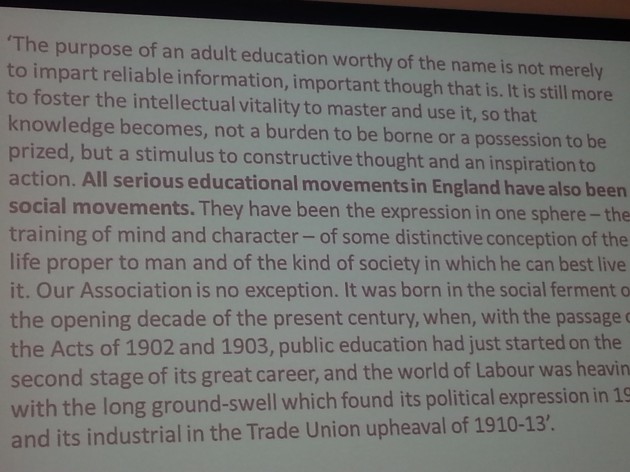
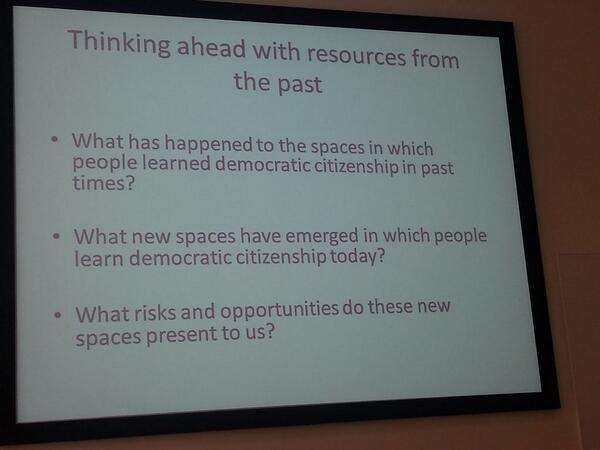
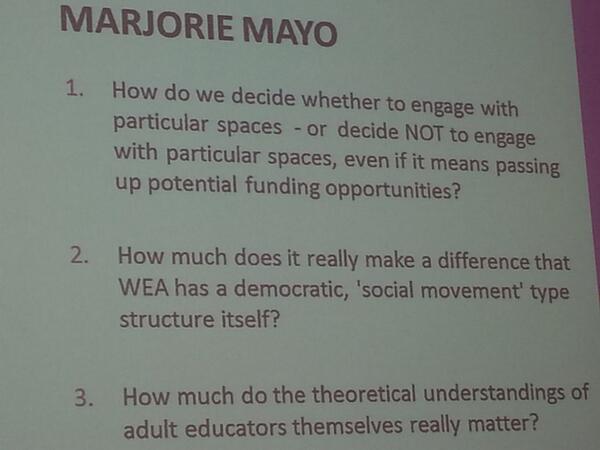
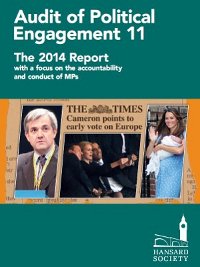
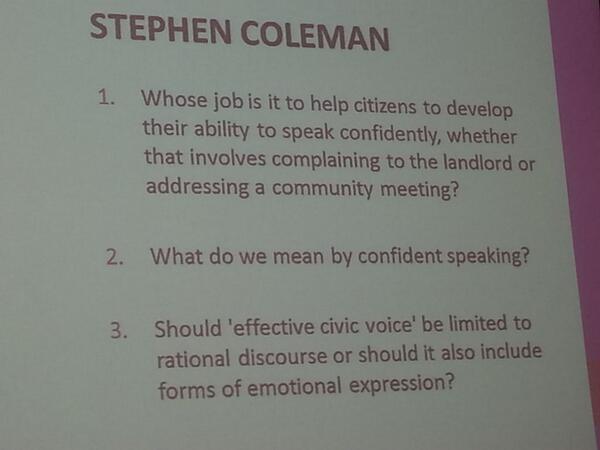

Recent Comments